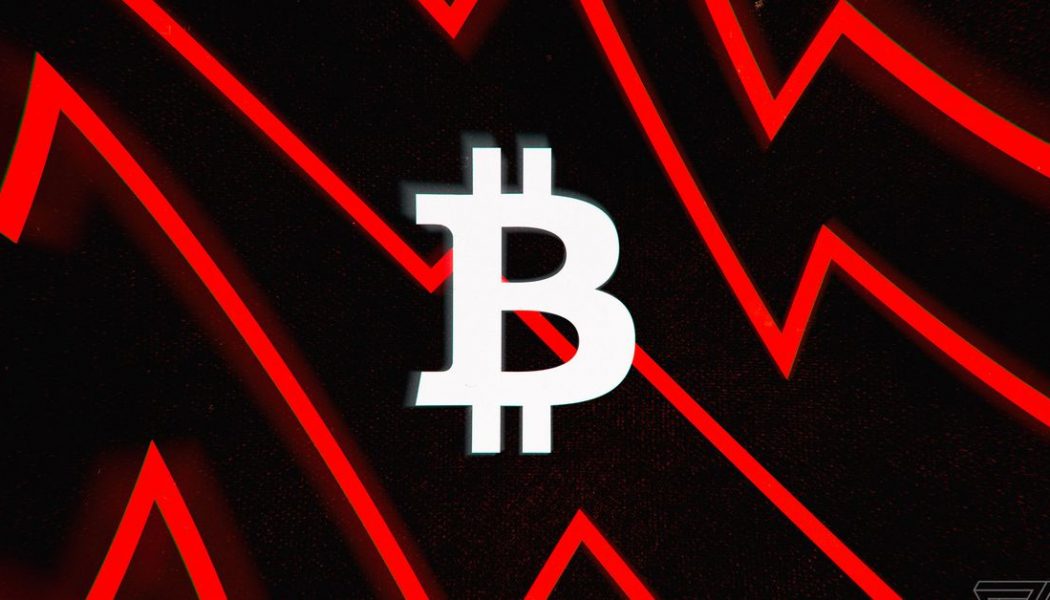
The nice thing about Coinbase going public today is that if you want to get involved with cryptocurrency without ever leaving the almighty dollar, now you can.
On Tuesday, Nasdaq set $250 as a reference price for Coinbase, though no one necessarily bought at that price because this is a direct listing. Coinbase closed trading today at $328.28, giving it a market cap of $85.8 billion, more than that of the company behind the Nasdaq exchange. It’s yet another marker for how normal cryptocurrency has become — and how much easier it is for normies to get involved.
Recall, if you can, the early 2000s: banking crisis, panicked market, excited cypherpunks. The idea behind bitcoin was relatively simple: it emerged from a specific distrust of financial institutions. That early ethos evaporated some time ago, obviously — and now, the likes of Jack Dorsey and Elon Musk shill for bitcoin and have gotten their respective companies (Square, Tesla) to invest in it.
Coinbase is part of the story, too. It’s one of the easiest ways to go from the dollar to cryptocurrency, and it’s now the largest bitcoin exchange in the US. If you were hesitant to deal with cryptocurrency itself — maybe because you were worried you’d put a wallet on a hard drive and lose the hard drive or forget the password or something else — investing in Coinbase is a less risky way to get in on the trend.
Maybe that’s the point. Because in theory, rather than going public on the stock market, Coinbase could have done an initial coin offering. You can productively think of an ICO as a cryptocurrency version of offering securities — the Securities and Exchange Commission often does. Had Coinbase done this, it would have offered a token that investors could have bought on cryptocurrency exchanges. That token could, in theory, substitute for stock.
But the fact that I’m writing about a direct listing tells you this didn’t happen. It’s possible that Coinbase’s investors wanted to go public rather than deal with an ICO because it’s more predictable. Maybe there were other considerations! Whatever the reason, this choice has given Coinbase a remarkable opportunity. Investors who don’t want to get involved in cryptocurrency directly but see upside potential can use their dollars to buy into Coinbase.
It doesn’t hurt that Coinbase is profitable and just had a fabulous first quarter, either.
Using Coinbase as a proxy investment might also explain the valuation, which critics have suggested is too high. Some people have suggested that, as cryptocurrency matures, there will be less need for Coinbase’s services. Some say Coinbase’s fees may scare customers into using other services. But if Coinbase is a proxy investment, then the underlying business isn’t all that’s going into the valuation. You might not make as much money investing in Coinbase as you could investing in bitcoin — but it might be less risky.










